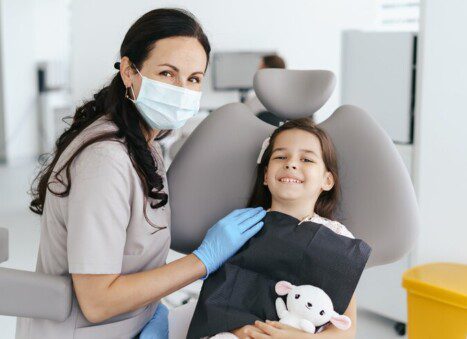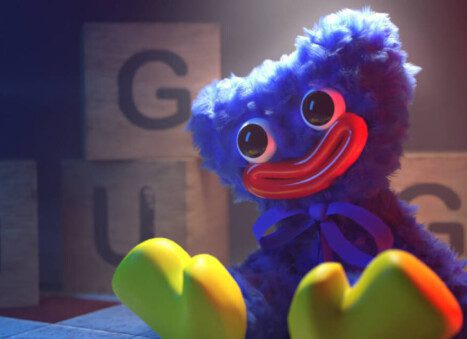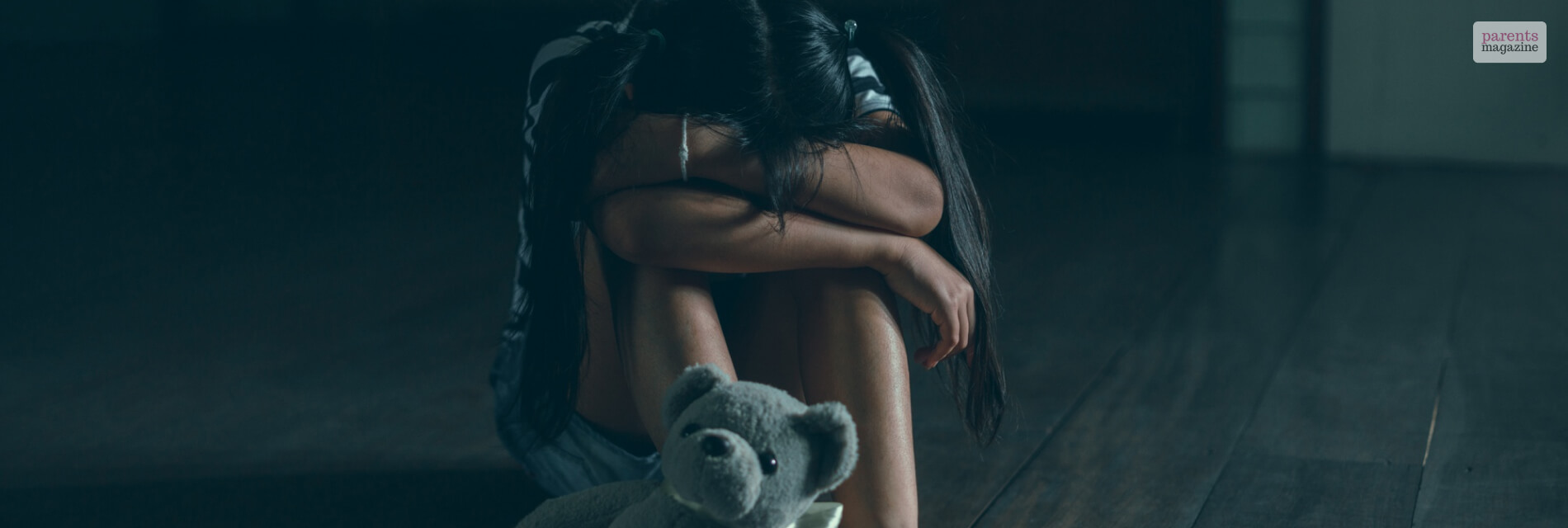
Child Abuse And Mental Health: What Parents Must Know About It?
Child abuse is a heinous deed and needs the attention of parents. Because only parents can decide the type of parent, they want to be to their kids.
Child abuse is quite common across different countries, communities, and socioeconomic cultures. Although most parents are not abusive or toxic, we cannot say the same for all of them. Child abuse is the kind of evil that needs to be addressed and brought to broad daylight.
So, here is what parents need to know about child abuse and how they can stop it.
What Is Child Abuse?
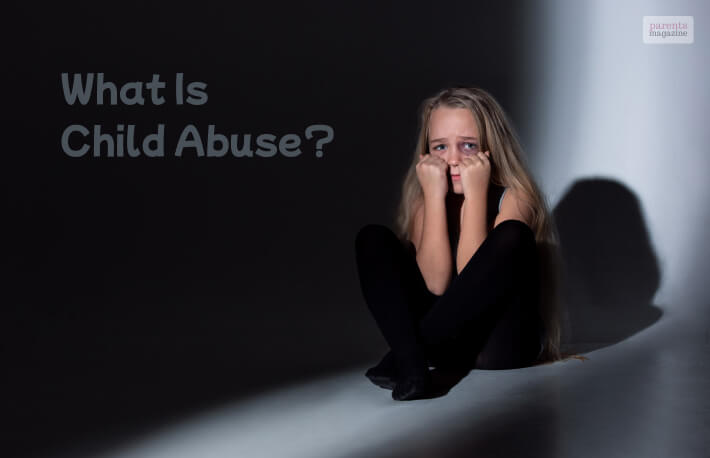
Child abuse or maltreatment is a common evil lurking in the deep dark of many households. Many children don’t feel safe in their homes because some adults behave inappropriately. The number and ratio of child abuse are increasing every year.
Child Protective Services asserts that most cases of child abuse start with negligence and are followed by physical and sexual abuse. Such abuse is done to children aged between one year to teenagers. Child Protective Services is said to receive more than 4 million cases related to child abuse. Surprisingly, most of the cases happen to children aged below three years.
Both boys and girls in a family are subjected to child abuse leaving pain, scar, bruises, cuts on their bodies and wounds, and traumas to their souls. Such abuse often pushes children towards the darkness of depression and trauma and imposes suicidal thoughts.
Different Types Of Child Abuse
There are different types of child abuse. Children are often abused physically, sexually, through negligence, emotionally, or through substance abuse.
1. Physical Abuse

Physical child abuse is the most common form of abuse. Children facing physical abuse usually have signs such as cuts and marks of hitting with belt, hand, or other objects. Shaking, pushing, grabbing painfully, or punching kids are common forms of physical abuse.
Children facing physical abuse are often seen with bruises, cuts, and bleeding.
2. Sexual Abuse
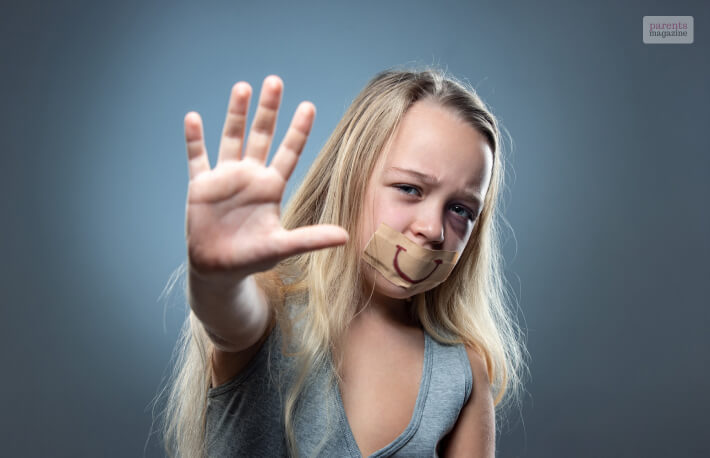
Children, too, are often subjects of sexual abuse. It could be both through contact and contactless. Certain perverted sexual acts done towards minors or children are henious acts. People also engage in sexual abuse contactless by sharing sexual photos or talking sexually, making children feel uncomfortable.
Most of the time, people involved in sexual abuse are someone close to the child. They are usually family members or someone very close. Also, they usually talk children into such activities and pressure them not to reveal anything about it to anyone. They also persuade kids with different gifts and more.
3. Neglect
Negligence towards children is also a form of child abuse. Some parents don’t take care of the minimum requirements or needs of their children and neglect them; it is seen as a form of child abuse. Such negligence can be —
- Food, housing, and clothing.
- Medical attention.
- Emotional negligence.
- Schooling.
4. Emotional Abuse
Many adults across the world often emotionally abuse their children. Such abuse has gone to some extent to normalize it. Such child abuse happens when parents threaten, judge, reject or put down their children. Many teenagers and children have experienced their parents withholding their love making them feel bad about themselves.
5. Substance Abuse
Substance abuse can bring about all different types of child abuse. When adult parents use excessive alcohol or drug themselves, they are prone to abuse their children sexually, physically, verbally, and more. Some states of the US see excessive use of drugs or alcohol as a form of child abuse. Here are some conditions set by some of the states –
- Adult forcing or encouraging children to consume alcohol or drugs is a form of substance abuse.
- Adults taking, or selling drugs in presence of their children are also substance abusers.
- Using drugs during pregnancy is also a form of child abuse.
Risk Factors Related To Child Abuse And Neglect
Mostly children face abusive behavior from family members themselves. I know, there is nothing worse than that. And there are various risk factors associated with this. These include mental health issues, parental depression, parental substance abuse, and parental history of neglect and childhood abuse.
Any kind of maltreatment and child neglect are common in families who have a condition of poverty and parents who are in their teens, who abuse alcohol and drugs.
Symptoms And Signs
It is never difficult to understand if a child is going through abuse or has been gone through abuse. Children who are abused are mostly afraid to admit it. They are scared of telling anyone. They are scared that someone might blame them for it, or might not even believe them. It might happen that the person who abused them is a very close member of the family, so they are just scared or sometimes it is both.
Parents also overlook the signs that their child is showing, because it is difficult to understand and believe that this is something that has happened in their own family, to their own child. Let’s look at the behavioral changes and physical signs that a child might be showing.
Physical Signs
- An infant with any sort of injury.
- Bruises in the next, torso, or ear in a child, who is less than four years of age.
- Any kind of injury that is not consistent with the way it should be, the way they said the injury has happened if there is no believable explanation for it.
- If the child is not gaining weight they should be, or if they start gaining weight abruptly.
- Genital pain, discharge, or bleeding.
- If they have gotten any disease, that is only sexually transmitted.
Change In Behavior And Mental Health
It is important to mention that the signs and symptoms listed below can be because of other stressful situations and not necessarily because of sexual abuse. It is best to investigate if you find these symptoms among children.
- If they are suddenly scared, having nightmares, and getting depressed.
- If they are getting unexplainable abdominal pain if they are suddenly wetting their bed.
- If they are showing sexual behavior which is unlikely to develop during that age.
- If they are getting stomach aches and headaches with no exact medical reason.
- If they are showing aggressive or passive behavior.
- If they are withdrawing themselves from any social environment or showing desperate affectionate behavior.
Ways To Prevent Child Abuse
The darkness and negative effect child abuse has on children is unavoidable. Parents often cross their limits. However, if you know where you might be wrong, you are already seeing a positive way out. I have offered some tips you can use as preventive measures for stopping child abuse and helping the vulnerable child.
1. Go Out And Meet Other Parents
Whether it is your child or the little kid in the neighborhood, they all deserve love, affection, and care. So, as a parent, you can ensure from everyone in the community. Try connecting with other parents in the community, and find children that might be vulnerable to child abuse. Create a group of parents and raise awareness against it.
2. Be Thoughtful About Disciplines
So, you had a bad day at work, a cold fight with your wife that still needs time to dissolve. But even the worst days are not the best excuses to take your anger out on your child. Children make a lot of mistakes.
So, if you are not in the right mind, calm down before teaching your child some discipline. Discipline is taught well when you are sane and in your right mind. You can make good behaviors a standard and follow it mutually at home to make a healthy environment for your child.
3. See Yourself Through Your Child’s Eyes
Are you really the person you see in the mirror? Your children might forget what you have said to them. But they will never forget how you made them feel. Child abuse is not just physical. Your tounges can inflict enough poison in their minds reminding them of lifelong pain.
Before comparing your child with other children, compare yourself with other parents. It is even better to compare yourself with yourself. The actions you take and the behavior you show reflects the person you are. So, you should evaluate the type of person you want to be to your children. You can settle any conflict or problems without outrageous displays of emotion, hitting, abusing, or calling names.
4. Learn More About Parenting
The toughest job in the world is the one you don’t get paid for – and it is parenting. Just being able to give birth does not make you a parent. You must earn the title through your actions, love, and affection.
That is why it always helps to know about parenting. You can attend parenting classes, join mentoring programs, and read books. Also, don’t just keep the knowledge to yourself; spread the same positivity around and help other parents learn and raise awareness against child abuse.
5. Spot The Sings
If you see any children with unexplained injuries or pain, then these might be the causes of child abuse. These kids also stay depressed, have trust issues, and are often afraid of certain adults. If you see such signs, spread your helping hand and welcome the children so that they can express their feelings. Contact different child helplines so that they can help the child.
6. File A Report
Once you see any evidence of child abuse, you should file a report at the police station. When you meet such children, assure them that they are doing the right thing by revealing their pain to the right person. Also children should also know that they are not responsible for any of this.
Bottom Line
Children subjected to child abuse usually have unexplained cuts, bruises, and marks of hurting in their necks, ears, torso, and other parts of their bodies. In case of sexual abuse, they have pain in their genitals and STDs. These children have fearful behavior, lack of self-confidence, passive-aggressive behavior, and so on.
This article gives you a general idea about child abuse and how to prevent it. However, if you have any additional queries, you can reach the comment box.
Read Also:
Already have an account?
Sign In
Create your account
User added successfully. Log in








